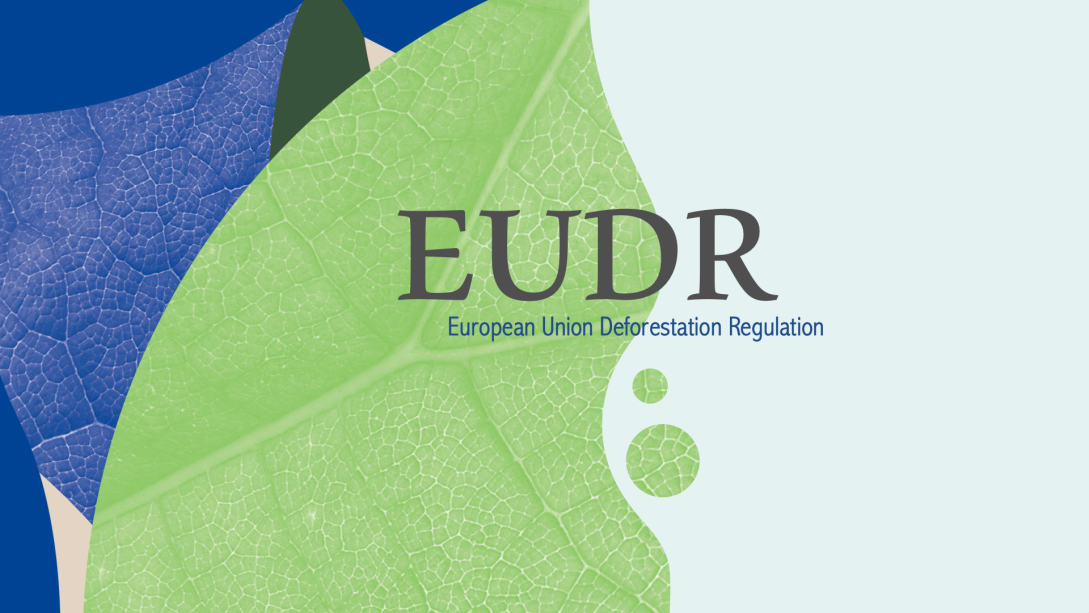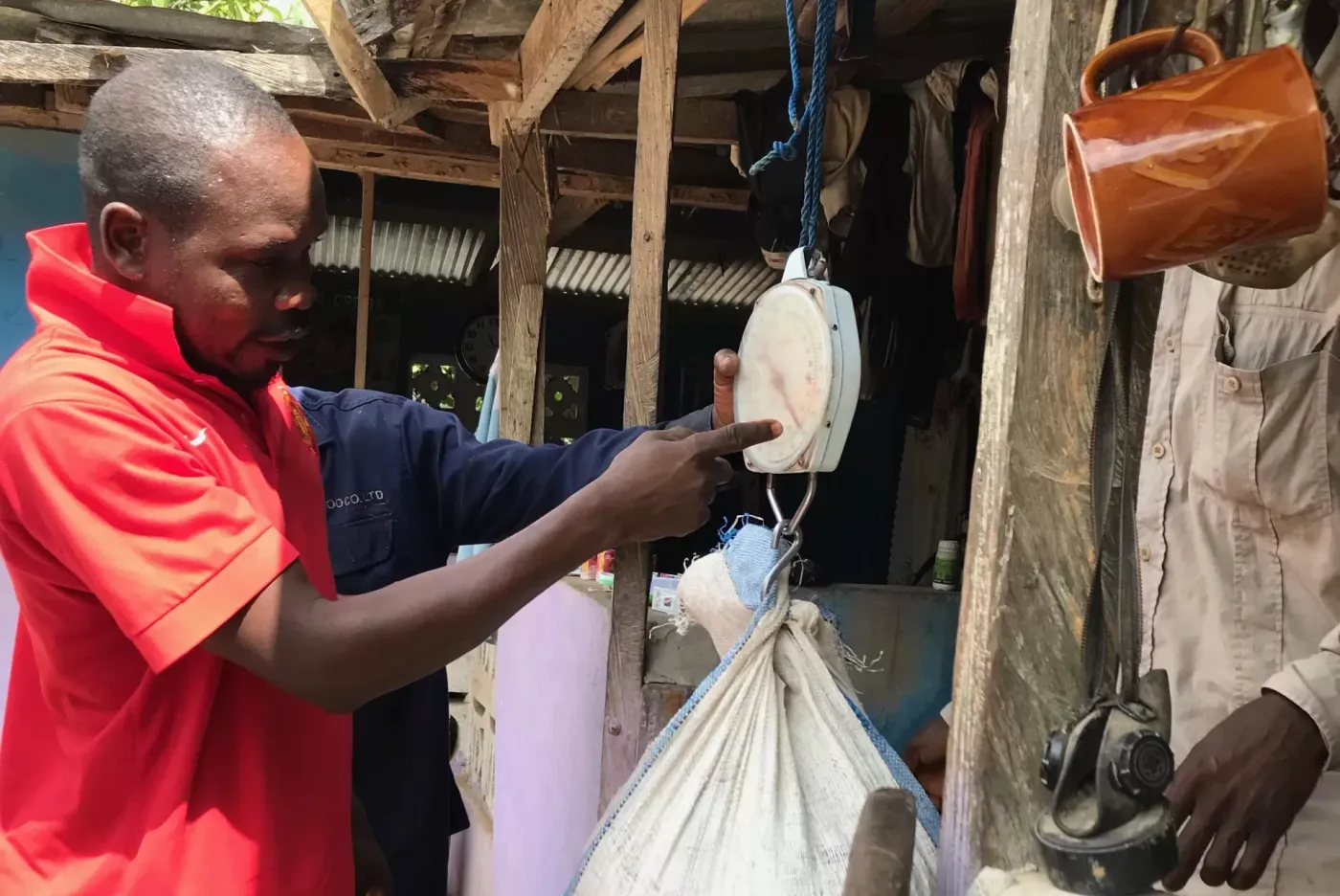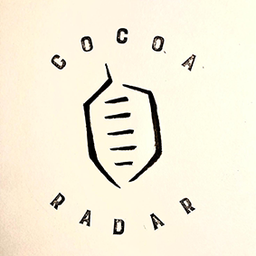Officially introduced the first week of the 2025-2026 main crop season, what this means on the ground is that Licensed Buying Companies (LBCs) can no longer rely on the old methods for collecting cocoa from farmers, grading, and transporting it to collection points.
Instead, LBCs are now required to embrace the innovative GCTS for their upcountry supply chain operations.
Still, many farmers and purchasing clerks are getting accustomed to mobile applications, and there's a pressing need for more smartphones to facilitate this change, which needs to be addressed for the rollout to proceed.
According to one farmer, who spoke to cocoaradar.com, the changeover has not filtered down to some regions. “The marketing or purchasing clerks are buying the dry cocoa beans on the same old system,” he said.
As the world’s second-largest cocoa producer, Ghana aims to lead the way in EUDR compliance.

Its innovative platform meticulously traces cocoa beans from farm to international market, ensuring environmentally friendly practices that safeguard the country’s forests.
In a significant move, the Ghanaian government rolled out an extensive training programme for all licensed buying companies (LBCs), before the season, empowering them with the skills and knowledge to implement this transformative system.
This initiative involves every link in the cocoa supply chain, from farmers and purchasing clerks to transporters and quality control officials, each playing a crucial role in maintaining the integrity of the system.
Only the finest, sustainably sourced cocoa will ultimately reach consumers, the regulator, Cocobod, claimed when it launched the GCTS.
Anthony Aidoo, a Ghana-based correspondent for cocoaradar.com, said: “Many clerks currently use keypad phones, and for them to participate in this programme, upgrading to smartphones is essential, highlighting the costs associated with this process, and the question is, who will be responsible for this cost?
“Will this cost be borne by the LBC, the regulator, or the European Union?”
He explained that farmers first receive a unique card that captures vital information about their cocoa farms, commonly known as a cocoa card. As they sell their beans, purchasing clerks will use a dedicated app to collect data, marking an exciting first step into a seamless digital transition.
“From this moment on, every cocoa bean will navigate through this newly established system for complete compliance with EUDR. Ghana is proud to be a trailblazer in the cocoa sector, setting an inspiring precedent for others to emulate.
“By proactively adapting to these regulations, we’re not only ensuring our high-quality cocoa thrives in the European market but also showcasing Ghana's deep dedication to sustainability and excellence. Together, we're ready to lead the charge in ethical cocoa production.”
The website, sustainable-supply-chains.org, has also recognised the new initiative and said Ghana's approach to cocoa traceability is a model in West Africa.
“With GCTS expansion, collaboration with EU partners, and farmer incentives, the country is poised to remain a top exporter of sustainable cocoa."
- From the Desk of CocoaRadar is the official media partner ECA 9th European Cocoa Forum.
- 'From Our Desk. To Yours. Daily.'
- Sign-up here for free and upgrade to an annual plan.


